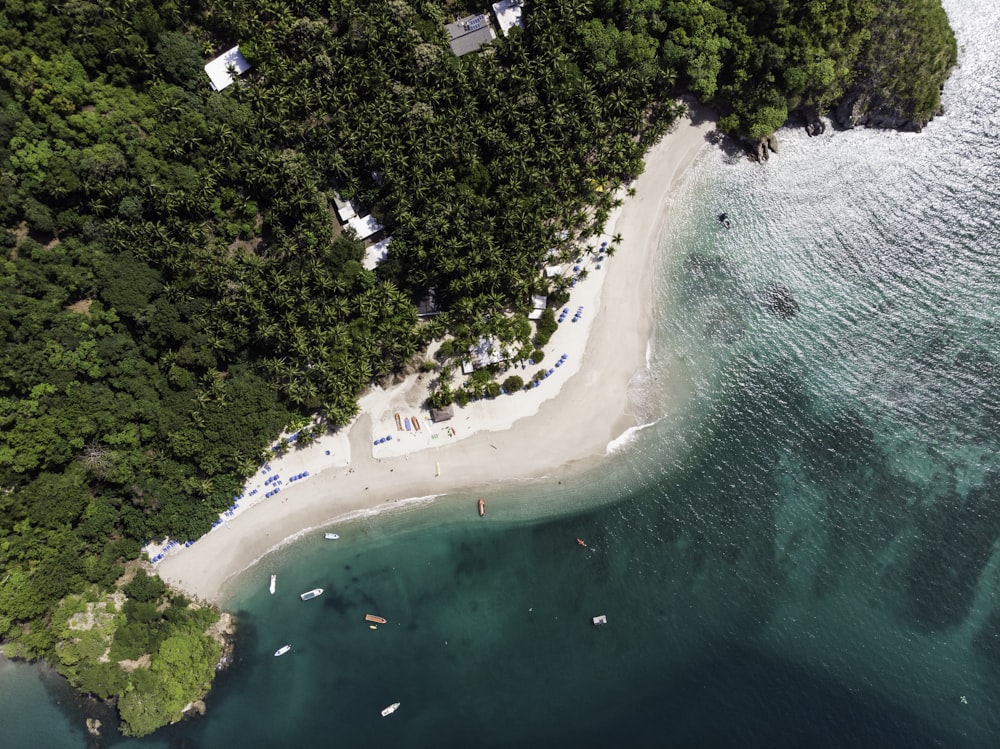
If we combine all opinions, we can conclude: the country is famous for its incredibly beautiful nature, the locals are distinguished by hospitality, the national cuisine will delight even discerning gourmets, the sights leave an indelible impression.
The reviews are unambiguous: everyone should visit Costa Rica. And then – replenish the collection of responses with your ode to an incredible vacation in a fabulous country.
Costa Rica’s climate: when to go on vacation
Costa Rica’s climate is subequatorial and humid. Traditionally, it rains from late spring to late autumn. On the shores of the oceans, the air heats up to at least twenty-seven degrees. There is no rain from December to April, making the season ideal for visiting the country. But the rains here cannot be called terrible, so if you are planning a vacation for the summer – feel free to go towards adventure.
New requirements to enter Costa Rica during Covid 19
According to the information posted on the website of the government of Costa Rica, from November 1, Costa Rica opened air borders to all countries of the world. To enter the country, all arriving foreigners must fulfill the migration requirements (for some citizens, a visa is not required, the permitted period of stay is not more than 90 days), which existed before the pandemic, as well as the sanitary and epidemiological requirements mentioned below. The Covid-19 test is no longer required.
Tourist requirements
- Not earlier than 48 hours before the flight to Costa Rica, and not later than the moment of check-in for the flight, fill out the electronic form (Pase de Salud) at https://salud.go.cr;
- Travel insurance, valid for the entire stay in Costa Rica, covering medical expenses in the amount of at least 50 thousand US dollars and living expenses (self-isolation) in the amount of at least 2 thousand US dollars. The tourist must have on hand a document in English or Spanish from the insurance company, which will contain all the mentioned insurance conditions. Such insurance can be purchased from the Costa Rican insurance company Instituto Nacional de Seguro (INS), but this must be done in advance.
For citizens and residents of Costa Rica, it is enough to fill out the “Pass of the Ministry of Health”. No insurance is required.
What happens if the passenger does not fulfill the requirements?
All requirements are required. If the tourist does not fulfill them, he will be denied entry to Costa Rica. Persons arriving in Costa Rica by plane are not required to undergo a 14-day quarantine.
Information about the peculiarities of staying in the Republic of Costa Rica
To combat the spread of the new coronavirus infection, the Costa Rican authorities have closed the country’s borders to the entry of foreigners from March 19, 2020. The exceptions were citizens of Costa Rica, persons with a residence permit, and employees of diplomatic missions accredited in the country. Since August 1, the country’s air borders have been open, while land and sea borders remain closed.
For all foreign citizens who entered Costa Rica after December 17, 2019, for tourist purposes, the Costa Rican Migration Service has extended the permit to legally stay in the country until March 2, 2021. This extension is carried out automatically, without the need for its documentation. Official information on the timing of the extension of the closure of borders and the legal stay of tourists is posted on the website of the General Directorate of the Migration Service of Costa Rica www.migration.go.cr.
The first case of Covid-19 infection in Costa Rica was recorded at the beginning of March 2020. The country’s authorities took measures to prevent the spread of the virus: educational institutions, beaches, shopping centers, and other places of mass stay of people were closed, restrictions on movement by vehicles were introduced, borders are closed, employees of many organizations are transferred to remote work. Thus, Costa Ricans managed to contain the growth in the number of cases. On average, from 5 to 30 new cases were detected per day.
At the end of June, the second wave of infections began in Costa Rica, with the number of new cases rising to 300 per day. In the capital region, an orange level of danger was declared, additional measures were introduced, incl. stricter restrictions on movement in vehicles, mandatory use of masks. As of mid-November, 118566 cases of coronavirus were confirmed in Costa Rica, 72,941 of them recovered, 1502 died. The daily increase in cases is 800-1000 new cases.
In general, the epidemiological situation in Costa Rica remains under control. The authorities are taking all necessary measures to curb the increase in the number of diseases. The country has a developed state health care system with national hospitals, as well as a network of private clinics that receive Covid-19 patients.

